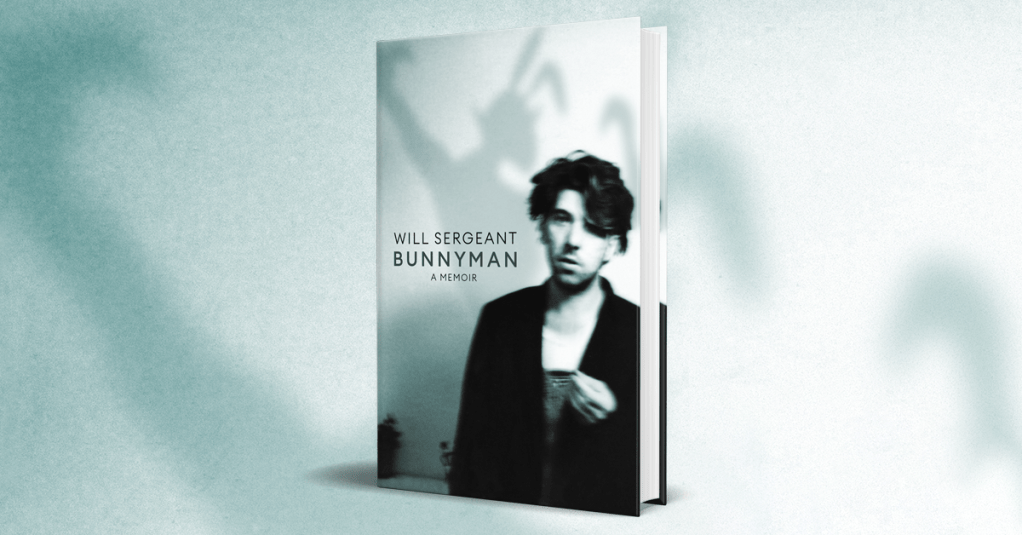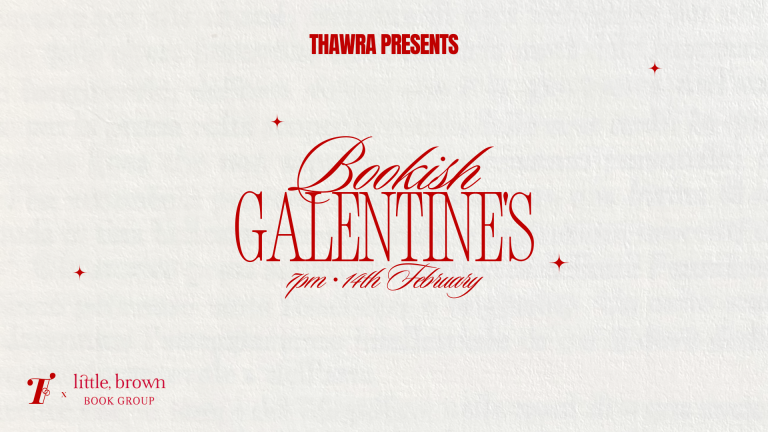Start reading Will Sergeant’s BUNNYMAN

I am William Alfred Sergeant aka Will Sergeant aka Sgt Fuzz. This is my story from the beginning.
The Sergeants – that is mum Olive, dad Alf, sister Carole, brother Steven and me – all lived on the council estate on Station Road in the heart of the village of Melling. The houses on Station Road were built fi ve years after the end of the Second World War. A massive building drive was in full swing; the new government, led by the reinstated war leader Winston Churchill, was rebuilding its way to a new future, after the six years of horror the European continent had just lived and died through.
Our family moved to Station Road in 1952. I am reliably informed by my sister that we were the fi rst family to be housed on the road. It seems my grandfather Tom Sergeant – who was a Justice of the Peace and a rural district councillor – was not averse to using his power to help his own family out. A crafty push up the council house waiting list got the Sergeants a new three-bedroom semi-detached, complete with front and back garden. They are solid houses, built of a brown brick. These bricks were used in the construction of a lot of northern council houses of this period. I’m not sure how a brand-new sturdy house can become so shitty in such a short period, but by the time I was aware of these things, I knew our house was a bit of a dump. I do not think we were poor compared to others in the street. The truly poor were called ‘povos’, a slang word for poverty stricken or skint.
Though Melling is only eight miles from the city centre of Liverpool, it was still far enough away for us locals to be called ‘woolly backs’, a derogatory term connoting an intimate relationship with a farm animal. It never bothered me much; I like being a woolly back. At least it wasn’t the old classic ‘sheep shagger’, a term generally reserved for ‘real’ rural folk.
I always think of Melling as the place where Liverpool’s sprawl ends and the countryside begins. In Liverpool, the perception of Melling was that it was posh. Well, it might have been in some parts . . . but not Station Road. We were the scum, the ruffi ans from the council estate. To be fair, there was a high proportion of nutjobs, criminals, wife beaters, drunkards and thugs – and that was just in our house.
Even though Melling felt very rural, there was a great big factory right in the middle of the village: the BICC. This stood for British Insulated Callender’s Cables. They made all sizes of electrical cables. Lorries – or wagons as they were called back then – would constantly be leaving the gates of the BICC transporting these massive reels of wire all over the world. It seemed that most people in the village worked at the BICC, including many of my friends’ mums and dads. The factory gave the village its own distinctive smell – a heady scent best described as a cross between burning plastic and Napalm, with a hint of liquorice. Not unpleasant, and almost comforting. God knows what those noxious fumes were doing to our pristine young lungs. Probably not that much, considering everyone smoked non-stop at that time: Senior Service, Capstan Full Strength and good old Woodbines, or ‘Woodies’ as they were more commonly known. Ciggies would be in the gobs or sandwiched between yellow-stained fi ngers of just about every man, woman and child you came across. Not much time was spent worrying about what this passive smoke was doing to the kids.
The village is carved up by the Leeds and Liverpool Canal. This exciting waterway was a playground for all the local children. It was always fun messing about down there, though it was only about three to fi ve feet deep; a death trap by today’s standards, but this was a health-and-safety free time. Kids would jump off bridges into the brown water. The canal was home to discarded barbed wire, old beds, bikes and general junk. The classic shopping trolley had not turned up at this point, simply because we had no supermarkets to nick them from. It’s surprising that nobody got killed or injured. We would fi sh for tiddlers – sticklebacks – with nets on the end of bamboo poles. We would generally muck about clambering across swing bridges or making rafts.
Among the flotsam and jetsam of the canal, the occasional dead dog would fl oat by. Back in the 1960s, dead or even still living old dogs would be best disposed of in the canal. Alsatians mainly would appear, their backs bald and blistered by the sun. These were possibly scrapyard guard dogs, too old, arthritic and well past their growl-by date. The sad and rotting beasts, bloated with gas, fl oated high, bobbed in among the weeds, caught by the wind sailing alongside the towpath, fl yblown ears drooping and sad. They made challenging targets for a canal-side scallywag like me, armed with a brick (you had to make your own entertainment in the olden days). Even stuffing unwanted puppies or kittens in a sack and then chucking them into the canal was normal behaviour for some of the more nasty postwar adults. I am guessing that seeing people blown up in the Liverpool Blitz, witnessing death and destruction all around
Europe in the not-too-distant past, hardens you up a little.
My mum Olive told me of a time when, as just a teenager, she’d been caught out by a bombing raid before she could get to the air-raid shelter in Walton. Walton is pretty much next to the docks at Bootle. Bootle was and still is one of Britain’s main ports, a prime target for the Luftwaffe, the German air force.
Mum was rushing to get to the shelter instructed by an ARP (Air Raid Precautions) warden, on his head a shiny black helmet bearing a white ‘W’ painted on the front. The warden was cycling along and clearing the streets of people. A bomb fell and exploded very close, sending fl ames and shrapnel all over the street. My mum witnessed the warden’s head getting cleanly blown off his shoulders. The black helmet with the neat ‘W’ stencilled on the front spun into the air and landed with a clatter on the ground. The warden’s legs peddled on for one or two rotations, then the bike fell to the cobbles. Mum ran as fast as she could into the relative safety of the shelter.
The war was very fresh to all my family. The effect and the memories of events such as this were still very strong. It was all the older people ever talked about; who could blame them? We, the children of the war generation, are still trying to make some sort of meaning of it all. It’s easy to forget about how hard it must have been to live through all that shit. No wonder some were left with a coldness that never warmed up. Now TV is filled with documentaries about the war such as Hitler’s Henchmen or World War Two in Colour, all very popular with people my age. It’s a link to our parents and the crap they had to put up with.





